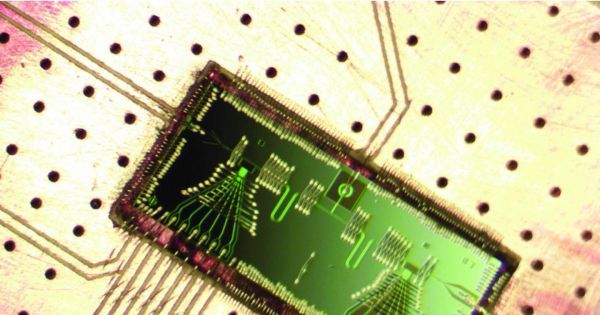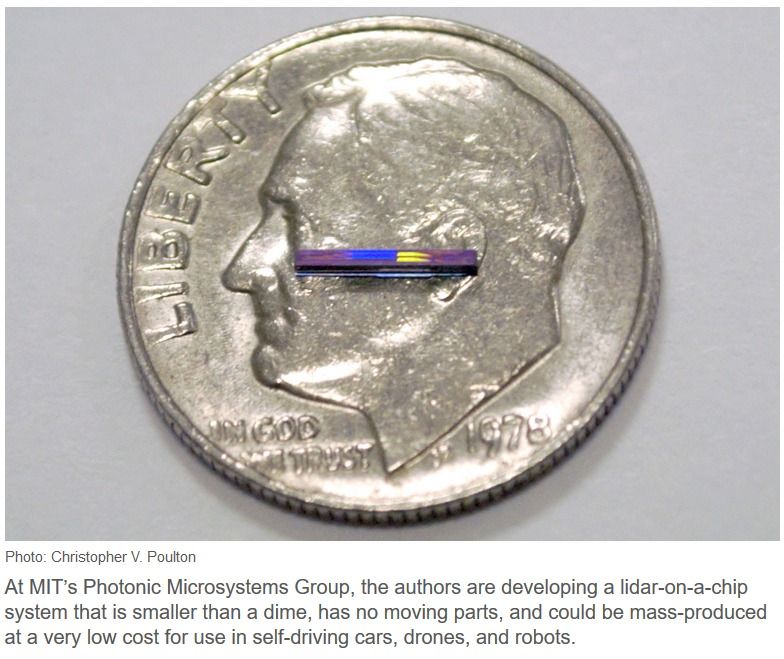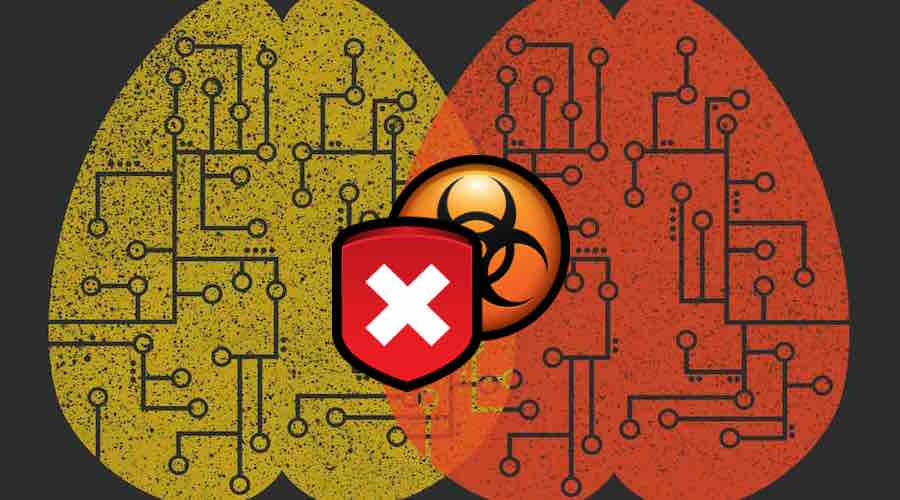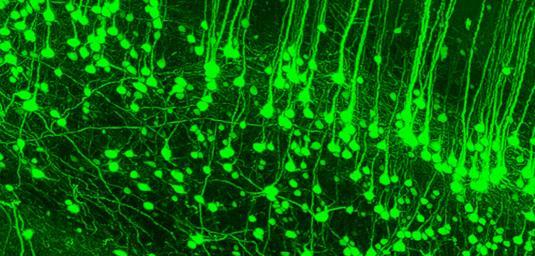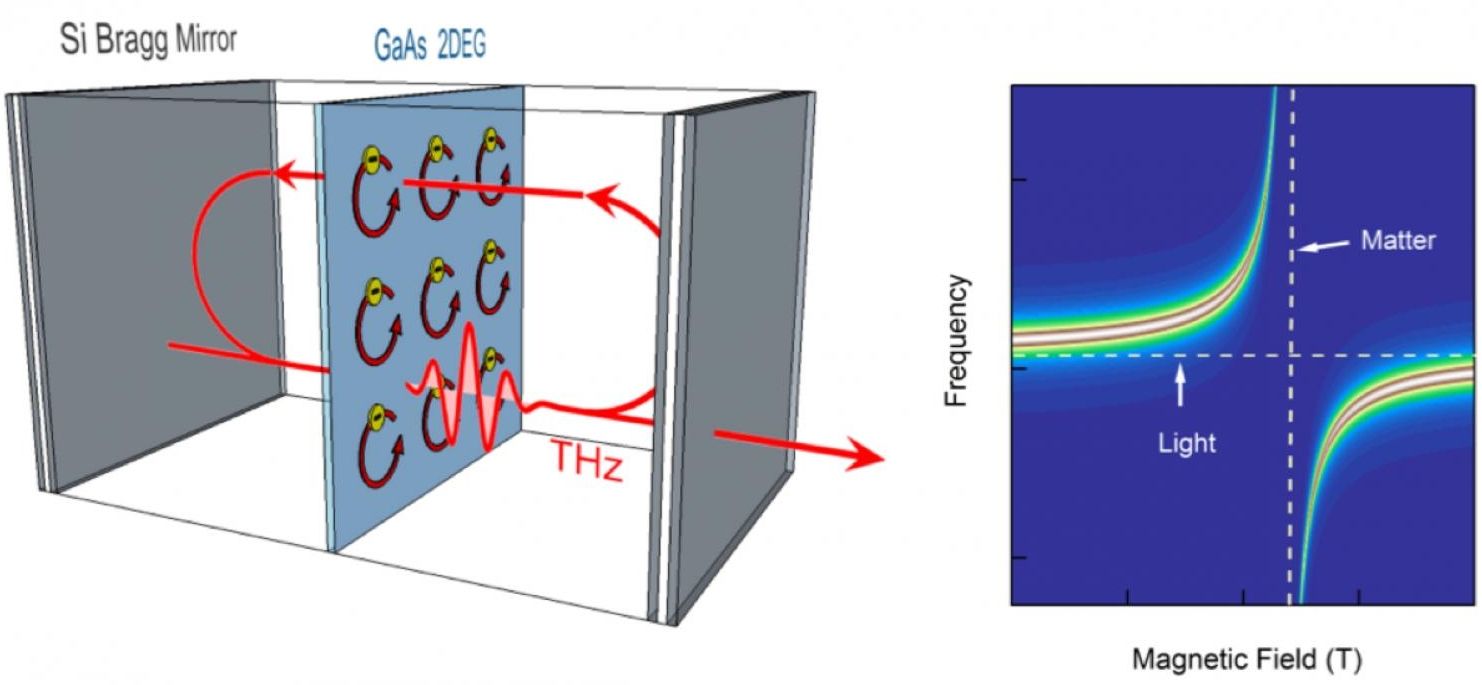Aug 25, 2016
New Condensed Matter State Paves the Way for Scalable Quantum Computers
Posted by Karen Hurst in categories: computing, particle physics, quantum physics
Rice physicists are closing in on a method that will create a new condensed matter state in which all electrons in a material act as one by manipulating them with light and a magnetic field. This research advance technologies such as quantum computers.
For particle physicists, studying the interactions between photons and electrons has long been an area of interest. After all, observing such phenomena could eventually lead us to the creation of a viable quantum computer.
Physicist Junichiro Kono and his colleagues at Rice University are making headway on a method to create a new condensed matter state, where electrons in a material “couple” after they are manipulated with light and a magnetic field.
Continue reading “New Condensed Matter State Paves the Way for Scalable Quantum Computers” »
